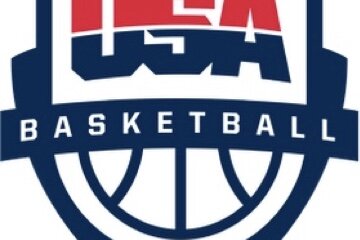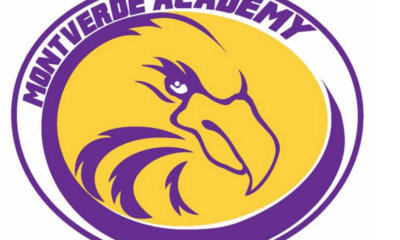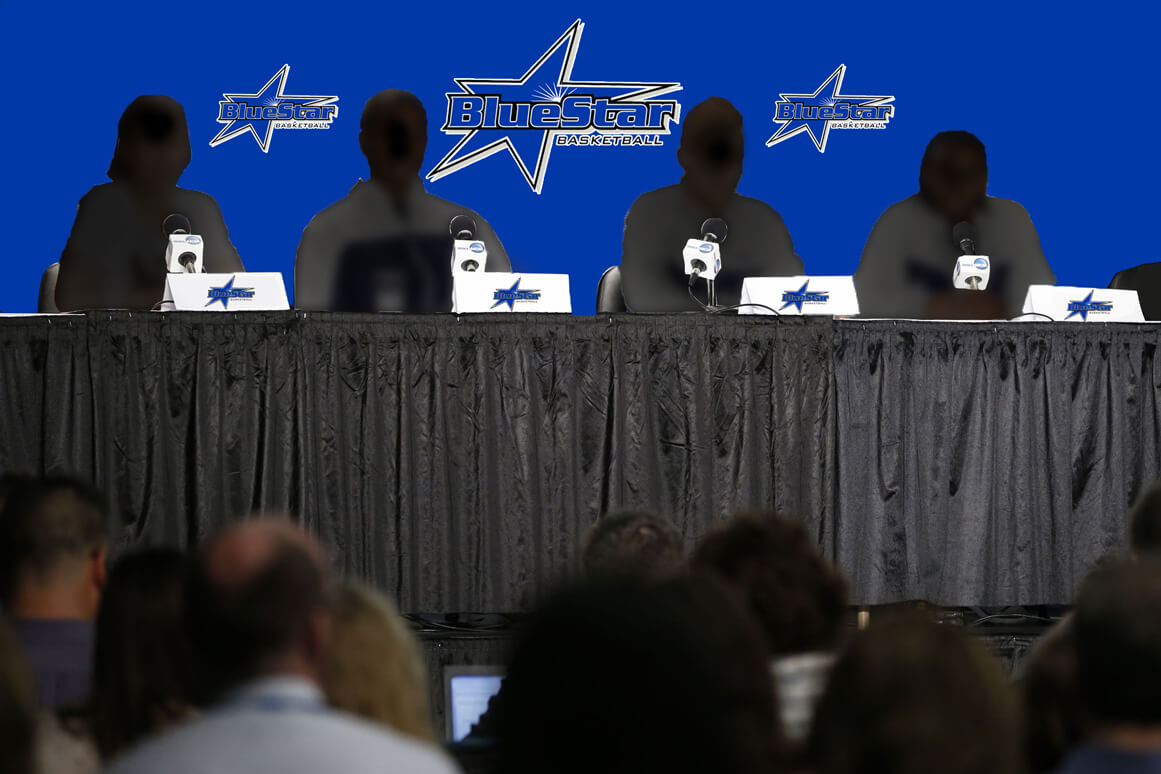
The Nebraska Cornhuskers didn’t reach the Sweet 16, but many of their fans will be watching Saturday at Pinnacle Bank Arena as the UConn road show hits Lincoln. NCAA photo
The move to home venues for the NCAA women’s regionals for this season only was made with one thing in mind: Selling tickets.
And that’s exactly what’s happened as the Sweet 16 gets underway Saturday, with three of the four host schools in action.
The games kick off at noon Saturday in South Bend between Kentucky and Baylor in a rematch of December’s 133-130 four overtime win by the Wildcats in the highest-scoring NCAA women’s game ever.
That will be followed by Oklahoma State vs. 2nd-ranked and undefeated Notre Dame in what’s close to being a sellout crowd at Purcell Pavilion (capacity 8,874).
Also on Saturday, nearly 9,000 tickets have been sold for Pinnacle Bank Arena in Lincoln, although the Cornhuskers were ousted by BYU in the second round. But Nebraska basketball fans have responded to calls to support the game. Top-ranked UConn, which plays the Cougars, will be in the house, followed by Texas A & M and DePaul.
On Sunday, Louisville’s KFC Yum! Center is expecting a five-figure crowd, and not just because the homestanding Cardinals, second in the nation in attendance, will be playing against LSU. Tennessee meets Maryland in the other semifinal, and this venue is within easy driving range for Lady Vols fans, who once again led the nation in home attendance average.
Stanford is the other regional host, with more than 5,000 tickets reported sold at the 7,500-seat Maples Pavilion. The Cardinal will be playing Penn State later Sunday afternoon, followed by North Carolina-South Carolina.
This couldn’t have turned out much better for the NCAA (maybe with the exception of Nebraska falling short), even after flat first- and second round attendance. Money quote from Anucha Browne, the NCAA’s vice president for the women’s championship:
“While we didn’t experience an increase in attendance at our first- and second-round championship sites, we are anticipating great crowds and games at our four regionals and the women’s Final Four. You can sense the momentum building in this year’s championship, with many interesting story lines developing in what should make for a fantastic finish.”
Irish coach Muffet McGraw did complain back in September that the one-year-only format for the regionals wasn’t fair, even after learning her team would benefit. Schools shouldn’t be able to “buy their way” into the Final Four, goes the sentiment.
I’ll give McGraw credit for her honesty, and many of her peers vehemently agree. The NCAA agreed to a request from the Women’s Basketball Coaches Association not to repeat this year’s regional format. Next year, the top 16 seeds will play host early, followed by a return to neutral regionals that are currently up for bid.
But in most other NCAA non-revenue sports — men’s and women’s — national tournaments are contested at home venues, deep into the championship run of play.
In softball and baseball, participating schools play host to regionals and then “super regionals,” with the venue determined by the national rankings of the teams that advance.
The Road to Omaha, for example, serves up a lot of home cooking, all the way to the College World Series.
You really don’t hear much complaining about this in baseball circles, or in any other sport. But many people in women’s basketball still think their sport ought to be treated differently.
Yet winning at home is not always a given. Ask Duke, which got run off the floor at Cameron Indoor Stadium by DePaul, and Purdue, which fell at Mackey Arena to Oklahoma State.
LSU was a lower seed winning at home against West Virginia, but Iowa, also a lower seed, was clobbered by Louisville at Carver-Hawkeye Arena.
Iowa State was a higher seed that lost its first round game at home to Florida State. Nebraska had what looked to be a fairly clear path back to Lincoln on at a neutral (and sparsely attended) venue at Pauley Pavilion, but fell to BYU, a No. 12 seed.
And even some home teams that did get to the Sweet 16 didn’t have an easy time of it. Texas A & M, Kentucky and Maryland were pushed to the limit by lower seeded visitors in the second round.
The seeming randomness of these results has been the subject of most of the grumbling in the Age of Predetermination (my recent post about all that here).
And now we have what some might describe as a new, even more exaggerated, unfairness.
Notre Dame looks to be the best bet of the regional hosts to get to Nashville, and conventional wisdom might indicate that Stanford and Louisville should be able to take advantage of the comforts of home.
The upsets in the Lincoln regional paved the way for what appears to be another UConn blitzkrieg to the Final Four.
But there’s been a little bracket-busting along the way. There may not have been the dramatics as what was seen on the men’s side, but only one mid-major in either tournament — the Dayton men and the BYU women — advanced to the Sweet 16.
What we’ve got are some potentially very crowd-pleasing matchups, no matter where they’re being played. The game I’m looking forward to the most might be the very last one, UNC-South Carolina, at Maples Pavilion, which might well be cleared out after the Stanford game.
The the reality is that the NCAA continues to struggle to find a tournament format that strikes the right balance between offering a fair competition and drawing a crowd.
If anyone has any better suggestions about what’s been done, and what’s to come, then the time to speak up will be at the NCAA’s Ackerman White Paper summit.
Wendy Parker is a sportswriter and web editor who has covered women's basketball since the early 1990s. She is a correspondent for Basketball Times and formerly covered women's and college sports, soccer and the Olympics at The Atlanta Journal-Constitution. She is the author of "Beyond Title IX: The Cultural Laments of Women's Sports," available on Amazon, and the creator of Sports Biblio, a blog about sports books and history.

Latest Articles
-


Christopher Lawlor
/ 3 days agoU16 USA Women’s Basketball National Team roster selected for 2025 FIBA AmeriCup in Mexico from June 16-22
COLORADO SPRINGS, Colo. — USA Basketball announced today the 2025 USA Women’s U16 National...
-
Christopher Lawlor
/ 3 days agoU16 USA Men’s Basketball National Team roster chosen for 2025 FIBA AmeriCup next week in Juarez, Mexico
COLORADO SPRINGS, Colo. – The team is set and now for the games South...
-
Christopher Lawlor
/ 1 week agoNO REGRETS: Chris McNesby steps away from Roman Catholic (PA) basketball gig after second tenure with his alma mater; Bradley Wanamaker takes over coveted post
BENSALEM, Pa. – Chris McNesby has lived many lives within the Philadelphia Catholic League....
-


Events
/ 1 week agoMORE CHANGE: Montverde Academy (FL) hires Anthony Jones from nearby Orlando as girls’ head basketball coach of national program
BENSALEM, Pa. – For the second time in three months, Montverde (Fla.) Academy made...



